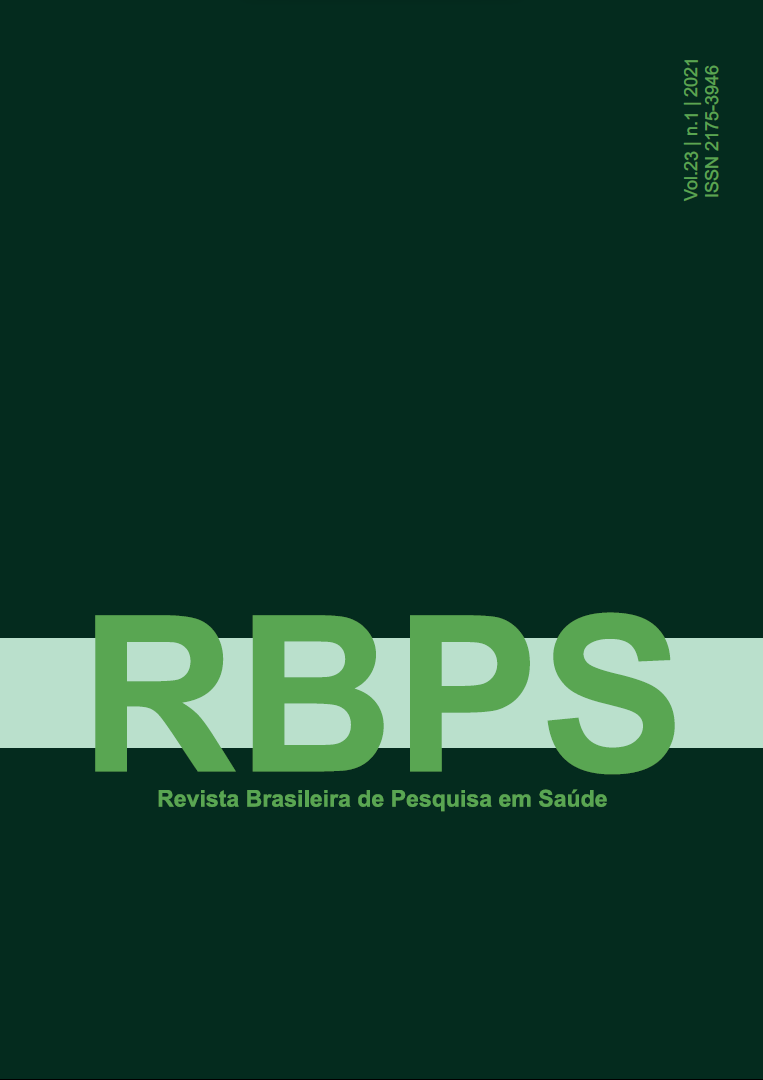Basic Health Care: a comparison between prenatal care in the Family Health Unit and in traditional services
DOI:
https://doi.org/10.47456/rbps.v23i1.31787Keywords:
Pregnant women, Prenatal care, Family Health Strategy, Maternal Health Services, Unified Health SystemAbstract
Introduction: The Family Health Strategy (FHS) program is a gateway to health services, such as prenatal care in Primary Care, which helps preventing, early identifying and treating undesirable events during pregnancy, at childbirth and to newborns. Objectives: Comparing socioeconomic, demographic, obstetric and prenatal care features between pregnant women followed-up in the Family Health Strategy (FHS) and those treated in other public health services in São Luís City - MA. Methods: Descriptive study based on data deriving from BRISA cohort, conducted with probabilistic sample comprising 4,250 women; analyses were performed through chi-square test. Results: in total, 38.2% of the investigated women were assisted by the FHS; they differed from each other as to age and professional occupation of the head of the family. Women treated by FHS were the ones who attended more than at least 4 to 6 nursing consultations (p <0.001), who had adequate prenatal care (p = 0.005), who received more instructions about toxoplasmosis (p <0.001) and breastfeeding (p <0.001) and who underwent breast examination (p <0.001). Conclusion: Women differed from each other in socioeconomic, demographic and prenatal care features between healthcare models.
Downloads
Downloads
Published
How to Cite
Issue
Section
License
Copyright (c) 2021 Revista Brasileira de Pesquisa em Saúde/Brazilian Journal of Health Research

This work is licensed under a Creative Commons Attribution-NonCommercial-NoDerivatives 4.0 International License.





